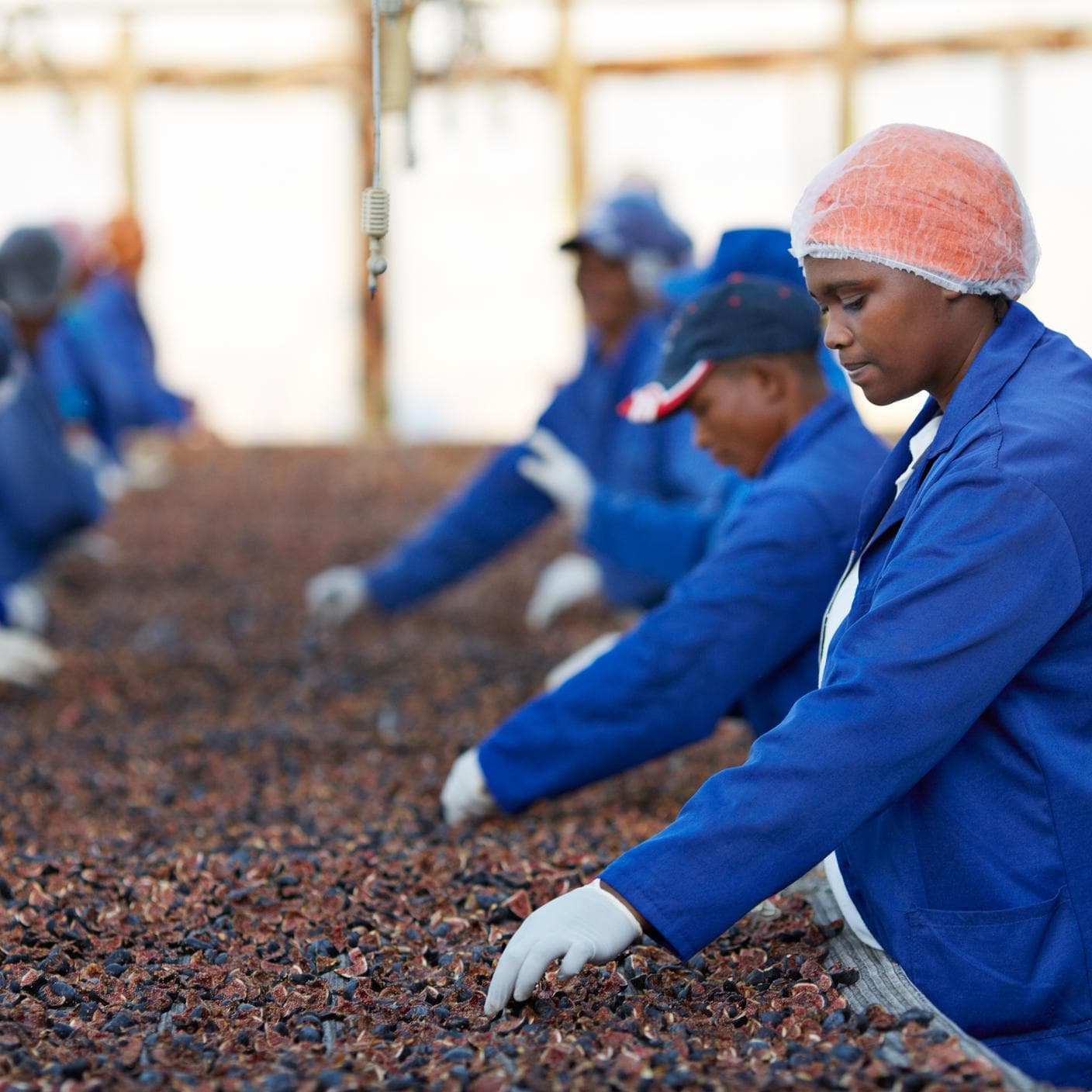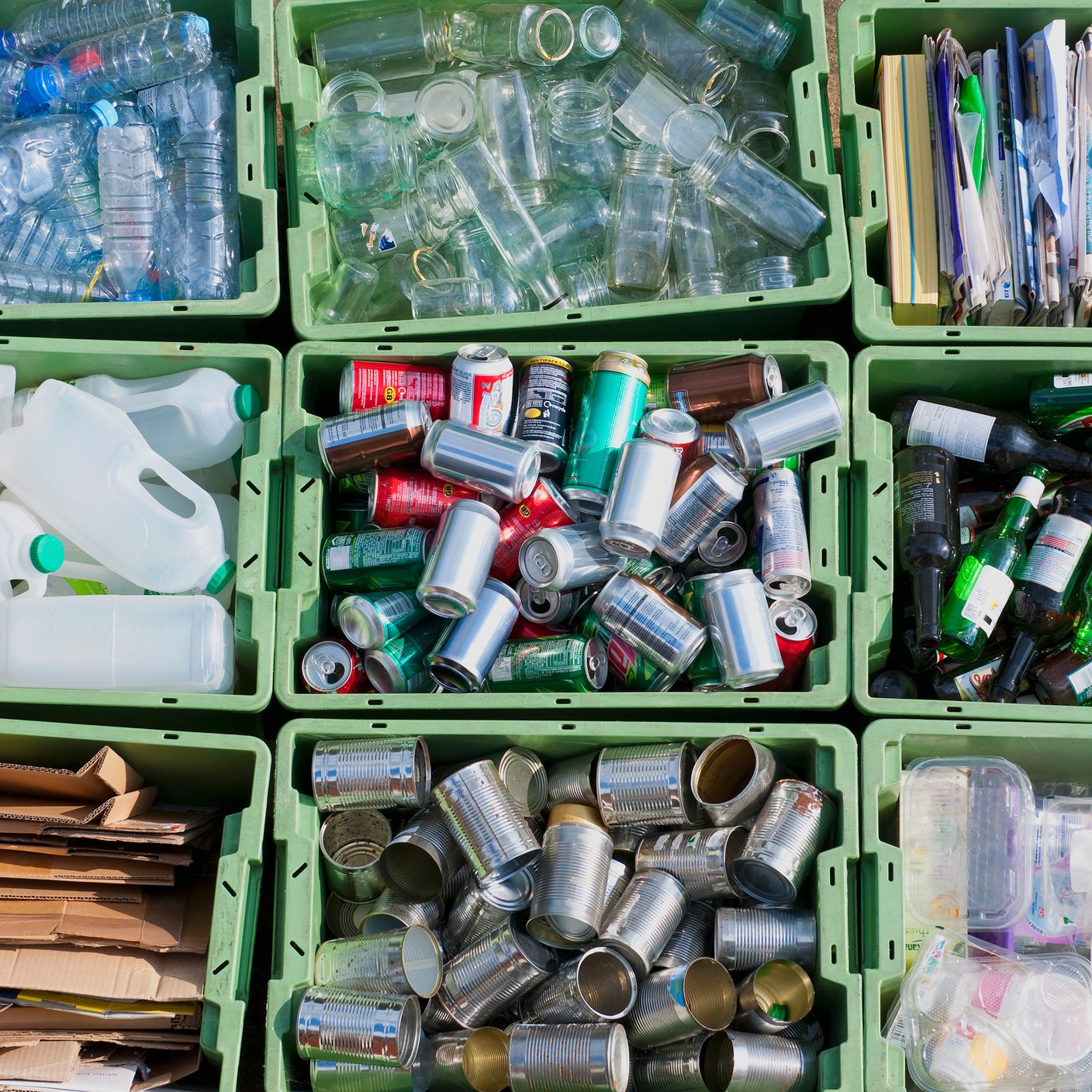Across the United States, Extended Producer Responsibility (EPR) laws for packaging are accelerating, reshaping how organizations produce, manage, and report on packaging materials. Currently, more than half a dozen states are quickly implementing EPR legislation, with several more states expected to follow suit.
What are EPR laws?
At its core, EPR laws hold companies responsible for the entire lifecycle of their products, including the collection, recycling, and disposal of packaging materials. Instead of taxpayers and local governments bearing the cost of waste management, producers are now required to step up, driving major changes in packaging compliance, recycling systems, and corporate accountability.
State by state look at current EPR regulations
California
- Law: Plastic Pollution Prevention and Packaging Producer Responsibility Act (SB 54)
- Enacted: June 2022
- Producer Responsibility Organization (PRO): Circular Action Alliance (CAA)
- Key dates:
- Registration opens: August 2025
- Reporting due: November 15, 2025
- Fee obligations begin: January 2027
- Penalties: Noncompliant producers may face administrative fines and enforcement actions under SB 54.
- Potential fines: up to $50,000 per day for failing to register, report, or pay fees as required
- Notes:
- Implementation rules are under revision, adding complexity to producer compliance planning.
- Penalties may increase if violations continue after notices, and noncompliance could trigger additional civil actions from local jurisdictions.
Colorado
- Law: Producer Responsibility Program for Statewide Recycling Act (HB 22-1355)
- Enacted: 2022
- PRO: CAA
- Key dates:
- Registration due: October 1, 2024
- Reporting data due: July 31, 2025
- Fee payments begin: January 1, 2026
- Penalties: Producers not meeting registration, reporting, or fee payment requirements are subject to enforcement by the Department of Public Health & Environment.
- Potential fines: $5,000 for the first violation, with each day of noncompliance treated as a separate violation
- Notes:
- HB 22-1355 establishes a framework for shared responsibility in packaging waste management.
- The state may suspend a producer’s ability to sell products in Colorado until compliance is achieved.
Maine
- Law: Stewardship Program for Packaging (SPP)
- Enacted: 2021
- PRO: To be designated
- Key dates:
- Rule adoptions completed: Late 2024–Early 2025
- Registration and 2025 data reporting due: May 31, 2026
- Penalties: Failure to register or report to the Stewardship Program for Packaging can result in state enforcement actions.
- Potential fines: up to $100 to $10,000 per day, with additional penalties possible for repeated noncompliance
- Notes:
- Maine was the first US state to enact an EPR law for packaging, setting the national precedent.
- Maine’s program emphasizes producer accountability and may prioritize enforcement against large-scale or repeat offenders.
Maryland
- Law: Packaging Producer Responsibility Act (SB 901)
- Enacted: May 13, 2025
- PRO: Multiple allowed; CAA approved as one of the first
- Key dates:
- Statewide assessment by CAA completed: 2024
- Penalties: Noncompliance under SB 901 can trigger fines and administrative actions.
- Potential fines: generally, up to $5,000 per violation, with potential escalations for repeated or prolonged noncompliance
- Notes:
- SB 901 is distinct in permitting multiple PROs during implementation, advancing state-level sustainability efforts.
- Maryland allows multiple PROs; fines may apply separately if a producer fails to meet obligations to each PRO.
Minnesota
- Law: Packaging Waste and Cost Reduction Act (HF 3911)
- Enacted: May 2024
- PRO: CAA
- Key dates:
- CAA appointment: February 18, 2025
- Producer registration required: July 1, 2025
- Penalties: The Minnesota Pollution Control Agency (MPCA) can levy penalties against producers who fail to register or pay fees.
- Potential fines: up to $25,000 per violation, plus possible suspension of business activities within the state
- Notes:
- HF 3911 builds on Minnesota’s strong environmental policy foundation.
- Minnesota emphasizes early compliance, and late reporting or fee payments are likely to trigger fines quickly.
Oregon
- Law: Plastic Pollution and Recycling Modernization Act
- Enacted: 2021
- PRO: CAA
- Key dates:
- Reporting (2024 data) due: March 31, 2025
- Registration and fee payments begin: July 2025
- Penalties: Producers who fail to register, report, or remit fees to the PRO are subject to enforcement by the Oregon Department of Environmental Quality.
- Potential fines: $25,000 per violation, with each day counted separately for ongoing noncompliance
- Notes:
- The Act expands the EPR scope to include packaging, paper, and food serviceware producers.
- Early program activation means enforcement actions could occur sooner than in other states.
Washington
- Law: Packaging Extended Producer Responsibility Act (SB 5284)
- Enacted: May 17, 2025
- PRO: Not yet approved
- Key dates:
- Producers must join a PRO by July 1, 2026.
- Penalties: SB 5284 authorizes fines for producers who do not join a PRO or otherwise fail to comply with reporting requirements.
- Potential fines: up to $10,000 per violation depending on the severity and duration of noncompliance
- Notes:
- Washington was the seventh state to enact a packaging EPR law, reinforcing national momentum toward harmonized EPR frameworks.
- Because no PRO is yet approved, penalties may initially focus on registration and readiness to comply by the July 2026 deadline.
For both US organizations and those doing business globally, this growing patchwork of state and international requirements means compliance will look different depending on where products are sold.
How to prepare for EPR
Organizations can reduce compliance and reputational risks by proactively adapting their operations:
- Assign clear responsibility for EPR compliance and reporting across the organization.
- Track obligations by jurisdiction, including deadlines, material requirements, and reporting rules.
- Upgrade data systems to capture accurate information on packaging weights, materials, and sales.
- Redesign packaging to incorporate recyclable materials and qualify for lower fees.
- Collaborate with suppliers to ensure packaging specifications meet current and future EPR standards.
- Review compliance processes regularly to stay prepared for audits by regulators or PROs.
What’s next?
EPR laws represent just the beginning of a broader regulatory shift toward sustainability. As more states develop EPR legislation, organizations will need to adapt packaging strategies, supply chain management, and reporting systems to stay compliant and avoid future penalties.
Be on the lookout for our blog on international EPR regulations.
For more information on EPR, please read The new waste equation: How Extended Producer Responsibility is reshaping corporate environmental accountability.
Meet our Sustainability experts:
Ethan Redden, Circularity and Carbon Lead for Sustainability
Gouri Ganbavale, Senior Consultant specializing in Climate Science for Sustainability
Desmond Zheng, Greenhouse Gas Reporting and Reduction Lead for Sustainability








